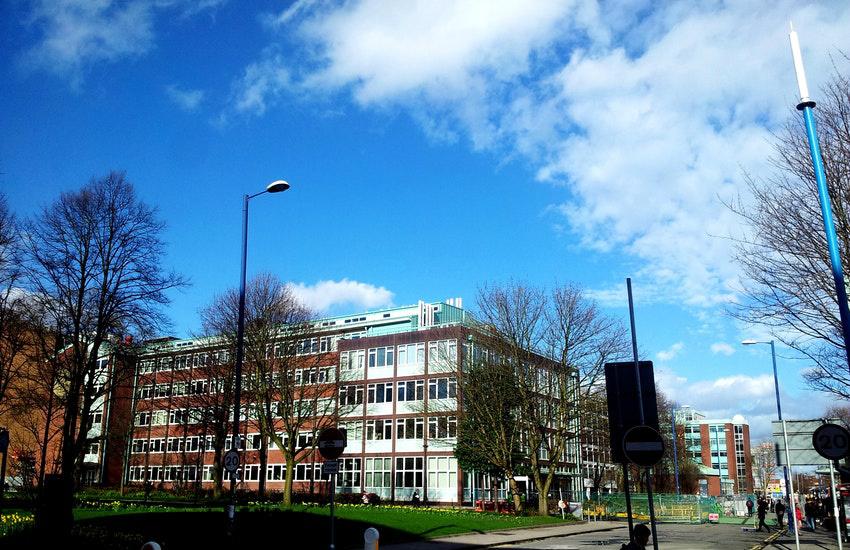6 Underutilized Campus Resources You Should Be Using
Published: Oct 22, 2019

A college campus is more like a town than a school—there are 1,001 buildings, with everything from bedrooms to dining rooms to classrooms to gyms to lounges. But there are also a ton of offices and departments that, unlike the dining hall, people can forget are there. College is full of resources to make your life and studies easier, so check out these resources that, unfortunately, often don’t see as much use as they should.
Writing Center
Really all on-campus tutoring is worth checking out, but quite often the most established of these resources is the writing center. Why? Because every college student has to write a lot, be it for freshman comp or senior capstone. The writing center is chock-full of both professors and students that are your campus’ most accomplished writers, and they can help you at any stage of a paper, from a final grammar brush-up to reevaluating your thesis (which you should know is professor-speak for “you need to write your whole paper over again”). Their services are free, and the people at the center really want to help you improve as a writer, so next time you’ve got an essay due, try booking an appointment to see if someone can lend you a hand.
Academic Advisors
I know, I know—who needs to meet with their advisor once they’re done registering for classes? You. Me. Everyone. Advisors know your school’s academics inside and out—they’re an amazing point person when you need one. Do you have time to switch majors and still make it out in four years? Your advisor would know. Wondering if an internship is right for you? Your advisor may be able to tell you where past students in your program interned. They also know a ton about financial aid, which is super helpful—they don’t make that stuff simple. And if your advisor also happens to be a professor (more common in smaller schools—large universities often separate the jobs), then you should really be making friends, since they’re pulling double-mentor duty.
Office Hours
Speaking of professors, you should go talk to them. I’d estimate that 95 percent of the time I went to office hours, my professor was sitting at their desk alone, answering emails and looking bored to tears. They were unfailingly delighted to see me. Perhaps that’s because of my singularly charming personality, or (much more likely) professors are by and large genuinely interested in their students’ lives and educations. I promise, they want to get to know you. If you’ve got a question about a homework assignment or want to discuss something they mentioned in lecture, great—go ahead to office hours and ask. But you don’t even need a “real” reason—just popping in to say “hi” is a great way to build a natural camaraderie with the people you’re learning from, which is one of the most valuable aspects of higher education.
Campus Security
CampSec can get a bad rep—they’re always coming in busting up parties and giving parking tickets because you parked in a professor's spot for five minutes because he was on sabbatical and didn’t need it. (Or was that just me?) But campus security is a really important fixture in college life. College is supposed to be a place where everyone feels safe, but the reality is that bad things happen. People get hurt. Knowing what resources campus security has to offer—from the blue light towers that are ubiquitous to college campuses to after-dark ride or escort services—is really important, and if for whatever reason you feel unsafe, you shouldn’t feel shy about making use of them. That’s what they’re there for.
Career Center
We here at Vault love singing the praises of campus career centers. They’re really the unsung heroes of post-graduate life. From resume services to career fairs and more, the career center and the counselors who work there pull out all the stops to help you find and position yourself for internships and jobs. One of the main goals of higher education is career readiness, and these are the people who can help get you there.
Health Center
Remember that health insurance waiver that you had to decide to sign or not at the start of the semester? There’s a whole campus health facility that’s generally attached to that. This isn’t your high school’s nurse’s office: Campus health centers offer a full range of medical services—everything from flu shots to sick visits to birth control to counseling. Those are real doctors in there, and they are there to help: whether it’s surviving whatever plague is making its rounds through your dorm or just surviving the stress college can bring down on you. Staying healthy is the best thing you can do for yourself and your education, so make sure you know where the health center is and how to use it.
